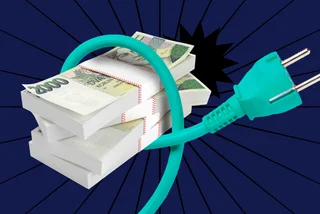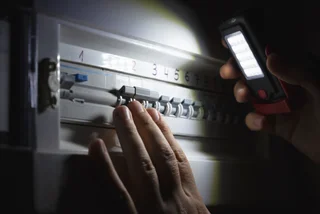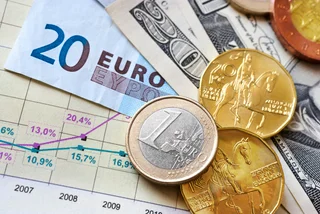Czech energy giant ČEZ has lowered prices for fixed-rate gas and electricity at the start of this year’s heating season, reducing costs by hundreds of crowns per megawatt hour (MWh). The company also plans to cut prices for customers with indefinite contracts from next year, it announced this week.
The reductions mark one of the first broad energy price drops since the surge that followed Russia’s invasion of Ukraine in 2022.
PARTNER ARTICLE
How much can you save?
You can now lock in your gas price for two or three years at much lower rates than last year. With a two-year fixation, you’ll pay CZK 1,180 per MWh including VAT, about 25 percent less than before.
If you choose a three-year contract, your price drops even further to CZK 1,089 per MWh, a 40 percent decrease compared to last year. For a typical household using around 10 MWh of gas annually for heating, that means you could save roughly CZK 9,000 each year.
Electricity prices have also been reduced. ČEZ’s fixed product with a commitment until October 2027 now costs CZK 3,099 per MWh including VAT: nearly CZK 330 less than the previous year.
“We expect to keep our traditional date for product price reductions for an indefinite period, Jan. 1, 2026. We are now making the necessary calculations and will inform all customers about the price reduction in a timely manner,” said ČEZ spokesperson Roman Kadlec in a press release from this morning.
Savings from other suppliers
Other major suppliers are following ČEZ’s lead. From November, Pražská energetika will lower prices for more than half a million customers without fixed contracts, cutting electricity rates by up to 10 percent and gas by 8 percent.
E.ON has temporarily reduced prices for 800,000 customers with non-fixed contracts by 10 percent since September.
Innogy introduced discounts for new customers earlier this autumn by roughly hundreds of crowns per MWh. Most larger suppliers also reduced prices at the beginning of the year.
More power for consumers
Since the start of this month, under new rules from the Energy Regulatory Office (ERÚ), consumers can more easily terminate a fixed-price electricity or gas contract under certain grounds.
Energy companies must now share how much electricity or gas they’ve already bought to cover what customers are expected to use. They have to publish this information twice a year: by the end of March and September.
This helps people see which suppliers are better prepared, and customers can cancel their contract if the company doesn’t share this information on time. This transparency helps consumers identify potential risks before switching providers.
Falling wholesale energy prices across Europe have enabled suppliers to lower consumer rates. Analysts say stabilizing global energy markets and declining gas storage costs are contributing to the downward trend.





























